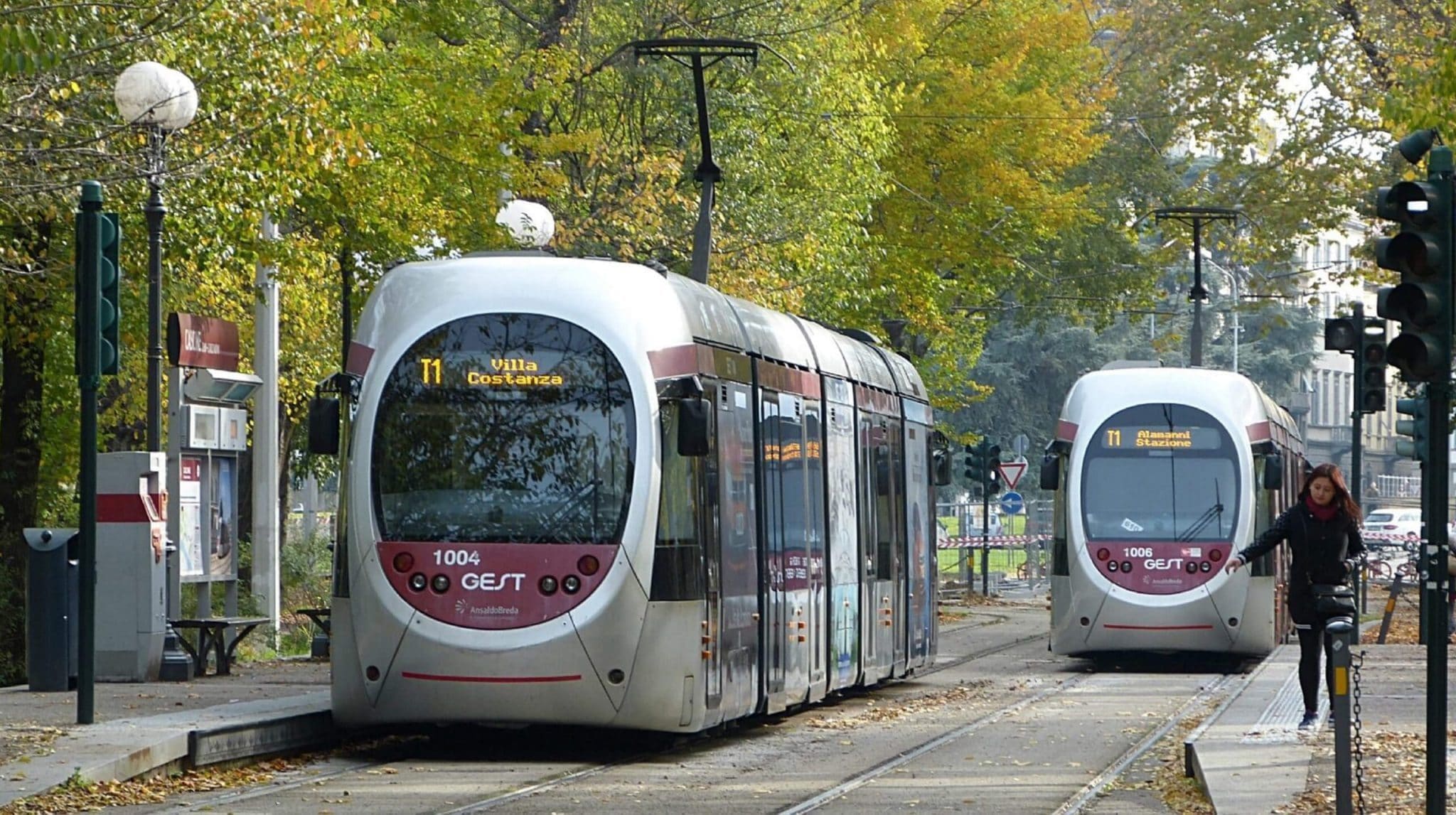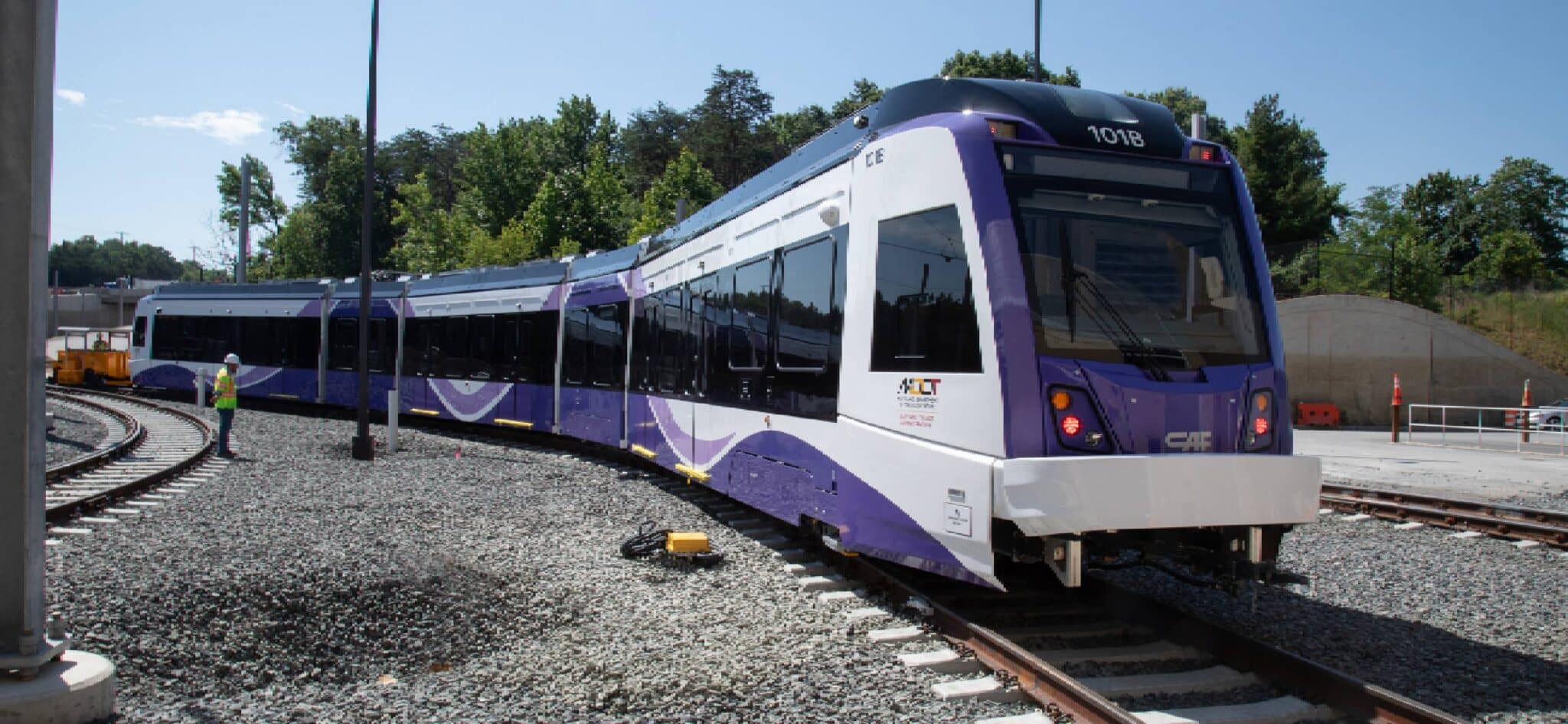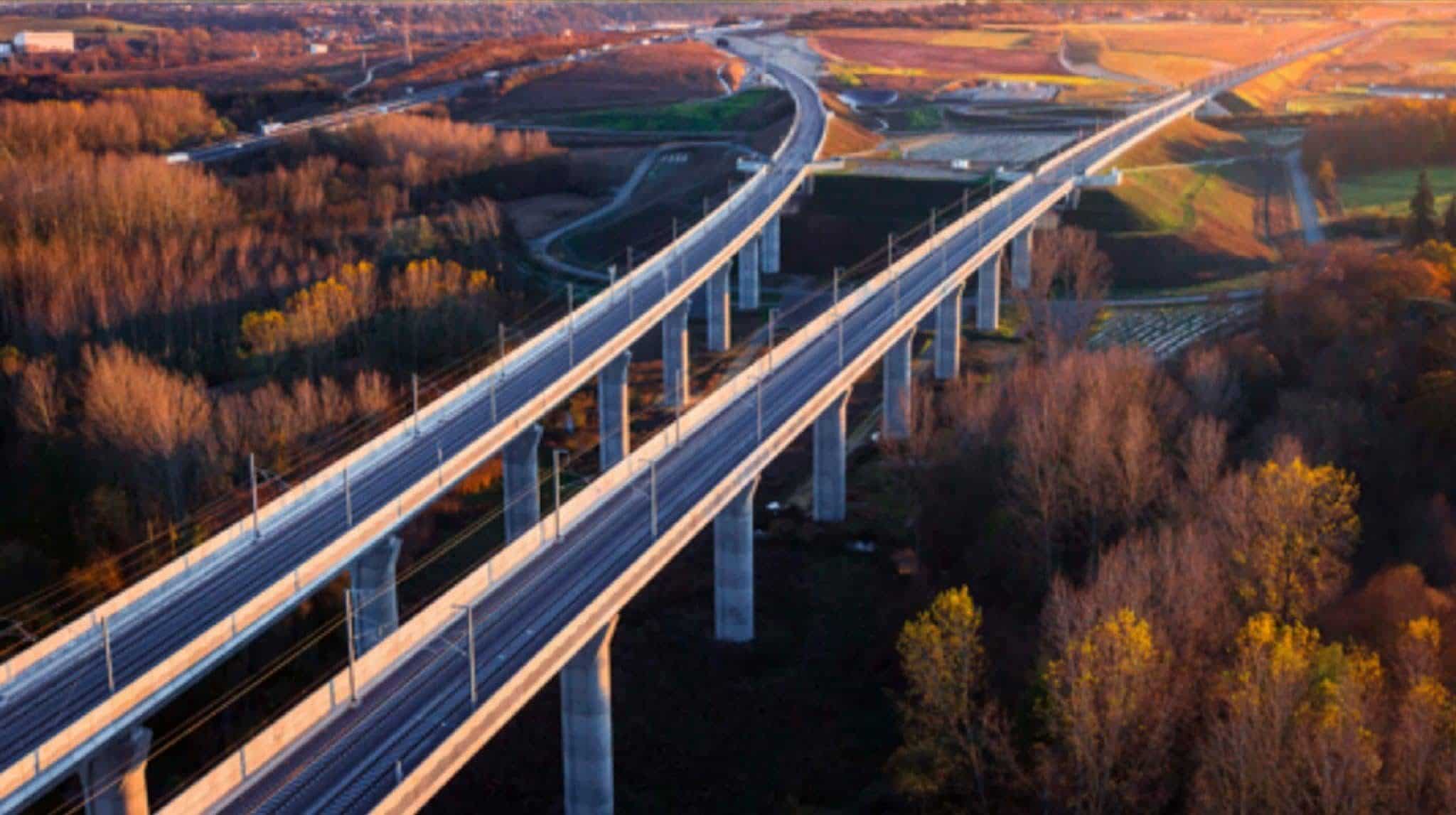Our impact
BRT Dakar
Background:
The Dakar Bus Rapid Transit (BRT) project is part of a comprehensive plan to restructure the capital city’s public transport network. It comprises two components:
- a civil infrastructure component, procured by the authorities, that includes the construction of an 18.3km segregated bus corridor, crossing Dakar from the northeast suburb of Guediawaye to the southern city center, 23, stations, and garages for the exclusive use of the BRT buses.
- a rolling stock and associated operational infrastructure component, tendered as a concession, covering the procurement and maintenance of a fleet of 121 bus (at commissioning date) together with associated systems and equipment as well as the operation of the network for a duration of 15 years (from Commercial Operation Date COD).
In December 2019, Meridiam together with its partner Keolis (subsidiary of French national rail company SNCF) bid for the concession contract based on a fully battery powered electric bus fleet solution. The Meridiam-led consortium was awarded the concession in February 2022 and the Project Company, Dakar Mobilité SA, set up by Meridiam and Fonsis reached commercial close with Ministry of Transport represented by CETUD (Dakar public transport regulator) in March 2022.
Stage:
In operation
ESG/SDG Key Facts
The project is expected to have major positive social impact, such as improving traffic conditions and eventually air quality, improving accessibility, fostering the development of side businesses, and creating jobs. The environmental risk is low due to the technology selected, and social risk is considered as medium due to the following key mitigation measures:
• An Environmental and Social Action Plan (ESAP) and an Environmental and Social Management System (ESMS) are implemented by the Project Company. As part of the ESMS, an E&S action monitoring joint-committee has been set up with the Project Company, lenders and CETUD to guarantee the E&S viability of the concession and compliance with the commitments made by the stakeholders
• Local recruitments are being implemented and supported by the Project Company
• Training programs are carried out to prevent incidents/accidents on the BRT line
• Batteries will be recycled by the bus supplier
• Gender and equality plan financed by the European Union
An E&S audit was conducted in April 2024 by Proparco consultant, Ibis. The results were positive, highlighting robust gender attention across the project company’s operations, a positive social climate and high level of morale among the direct workforce, and adequate occupational health and safety (OHS) and emergency response measures in place throughout the project.
Dakar Mobilité has started analysing its carbon emissions to assess its carbon footprint and measure avoided emissions.
As of Q1 2025, the Project Company has 763 employees, including 309 women (41% of the employees). Drivers are practicing on a simulator designed to replicate the actual conditions of the Dakar corridor.
Image rights @Sunu BRT


